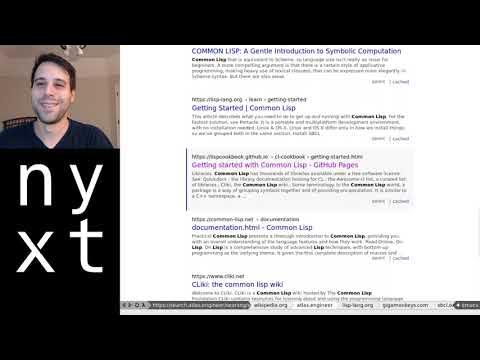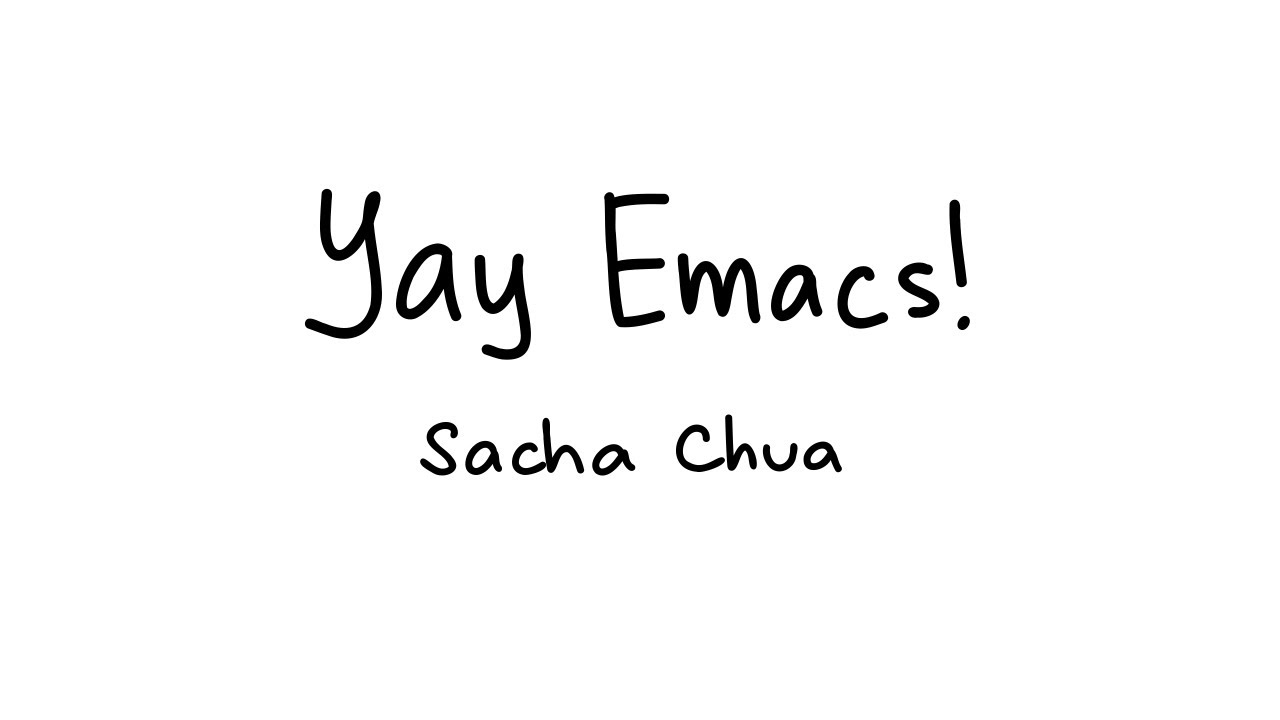- 5 Posts
- 3 Comments
Right
Mapis polymorphic while records are concrete, make sense.Those parser definitions in the source are enlightening, I see now I was thinking a bit narrowly about how e.g.
parseNamedRecordcould be instantiated for a type.
Ah yeah thanks that works! I didn’t think to look for already pre-defined instances of the typeclass. Though I still wonder how the Parser for Map/HashMap is defined, since Maps can hold an arbitrary number of values rather than a record’s fixed number of fields.
I also wonder why (it seems) I need to put a type annotation that I want to decode the incoming data as a Map, since you don’t have to do that if you call e.g. a field accessor method on one of your custom record instances. That is, if you try to call
Map.sizeon an incoming CSV record, you need to explicitly annotate with a type annotation that you want that record decoded as a Map. Whereas if you have a recorddata Foo = Foo {bar :: String}and define its parser in the standard way, you can just callbaron the incoming CSV record and it will work, no annotation required.











I should have been clearer that it’s initial input to the program, not queried input during the middle of its runtime.
I think what’s easiest is reading in the named records as hashmaps and dealing with them that way, so that I can do filters/comparisons on the keys (which are the headers). I don’t need anything more specialized that warrants creating a new
FromRecordinstance.